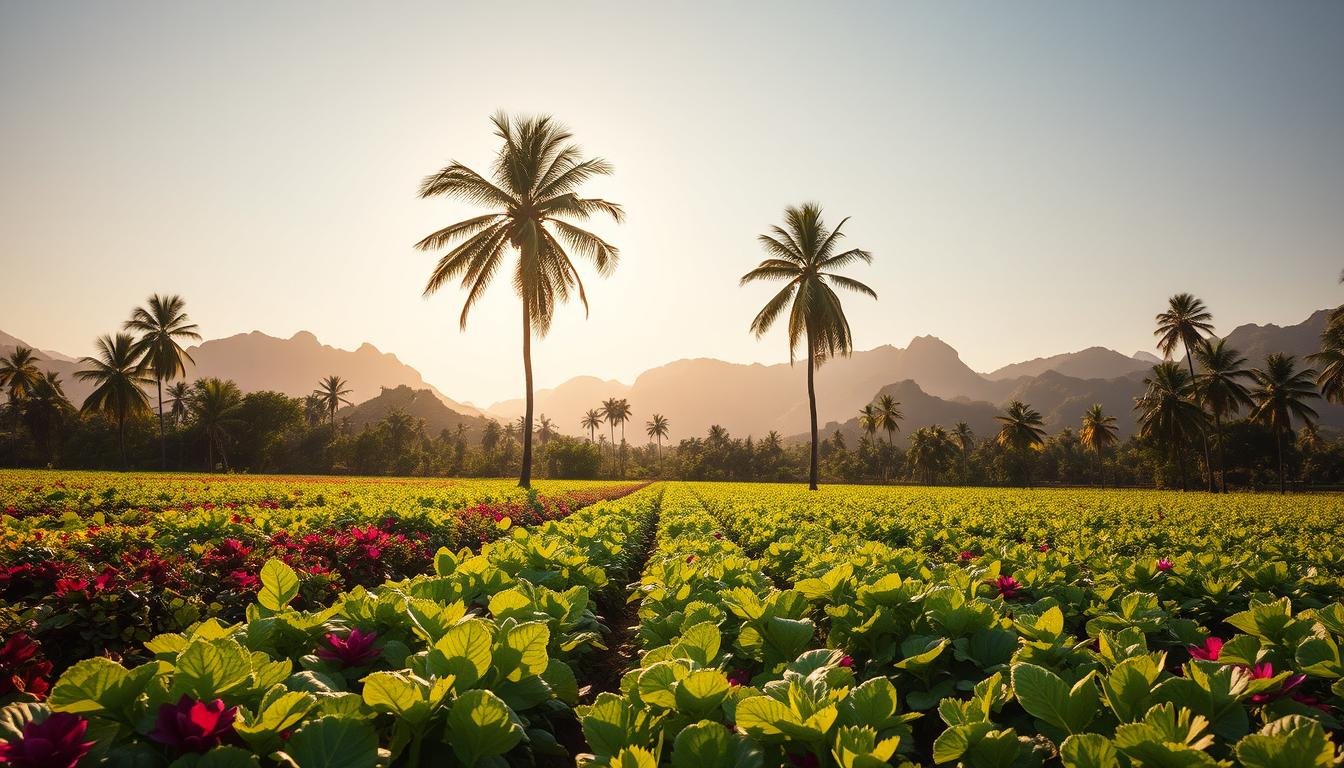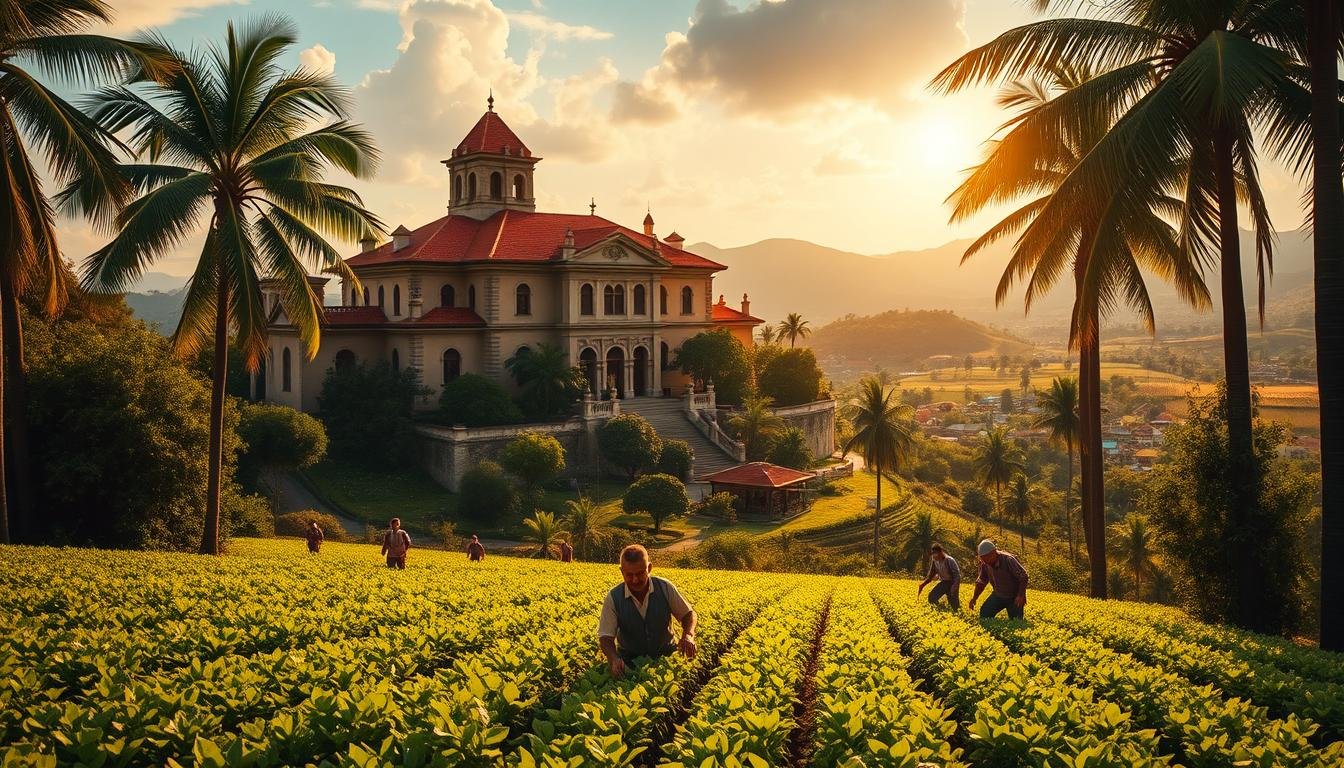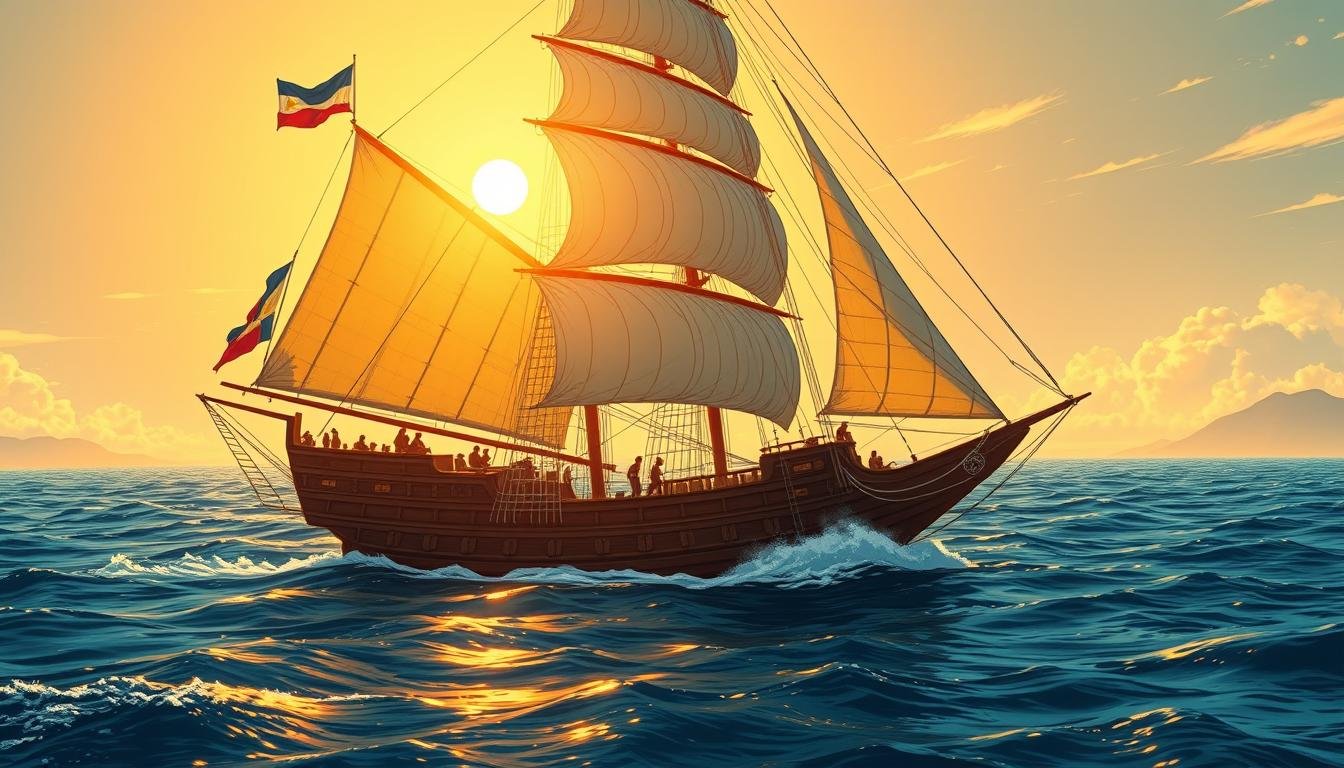Did you know that over half of the soybean crop in the East is used directly for food? This highlights the global shift in agricultural practices, where traditional methods are evolving to meet modern demands. In the Philippines, this transformation is particularly evident as farmers adopt innovative techniques to enhance productivity and food security. Historically,…
Spanish Colonial Period (1521-1898)
The Cavite Mutiny: A Turning Point in Philippine History
On January 20, 1872, a small but significant event at Fort San Felipe in Manila changed the course of Philippine history. Known as the Cavite Mutiny, this uprising involved Filipino soldiers and laborers who protested against harsh government policies. Though it was quickly suppressed, its aftermath sparked a wave of nationalism that would eventually lead…
The Rise of the Hacienda System: Land Ownership and Labor
Did you know that by 1910, 90% of agricultural laborers in Mexico had no land rights? This startling fact highlights the deep inequalities shaped by the hacienda system, a cornerstone of colonial economies in Spanish America. A hacienda refers to a large estate, often used for agriculture or mining, that became a symbol of wealth…
The Impact of Spanish Language on Filipino Culture
Did you know that over 20% of Tagalog vocabulary has roots in Spanish? This surprising fact highlights the deep connection between the Philippines and its colonial past. For over 300 years, Spanish colonization shaped the archipelago’s culture, traditions, and identity. The introduction of new customs, religious practices, and linguistic elements during this period left a…
The Introduction of Christianity: Conversion and Resistance
Did you know that over 3.8 million people converted to Christianity annually in the early 2000s? This staggering number highlights the religion’s global influence and enduring legacy. From its humble beginnings to becoming one of the world’s largest faiths, the story of Christianity is filled with dramatic narratives of conversion and resistance. Throughout history, the…
The Galleon Trade: A Lifeline Between Manila and Acapulco
Did you know that over 30 ships were lost at sea during the historic Manila-Acapulco route? This maritime path, spanning over 8,000 miles, became a lifeline connecting Asia, the Americas, and Europe for nearly 250 years. It was a journey fraught with danger, yet it shaped the course of global commerce and cultural exchange. Under…
Para sa Inang Bayan”: Unearthing a Revolutionary Letter from Antonio Luna
The revolutionary letter “Para sa Inang Bayan” stands as a cornerstone in Philippine history. Written by Antonio Luna, a prominent leader in the fight for independence, this document captures the spirit of Filipino nationalism during a time of colonial oppression. Its words continue to resonate, offering insights into the struggles and aspirations of a nation…
Aguinaldo’s Malolos Letter: Lessons for the Modern Filipino
In the late 19th century, the Philippines was a nation grappling with colonial oppression and the quest for identity. Among the many voices that emerged during this pivotal time, one document stands out for its enduring significance: the Malolos Letter. Written by Jose Rizal in 1889, this piece of writing reflects the reformist ideas that…
The Economic Impact of the Galleon Trade to the Philippines
The Manila-Acapulco Galleon Trade lasted for about 250 years, from the late 1560s to 1813. It was a key part of the Philippines’ economic history12. This trade route connected Asia and the Americas, exchanging goods like Mexico, China, Japan, and the Philippines1. It greatly affected the Philippines’ colonial economy, making Spanish officials rich at the…
Seas of Commerce: The Impacts of the Manila-Acapulco Trade in the Philippines Economy – Economic Impact
The Manila-Acapulco trade connected the Philippines with New Spain across the Pacific. It started in 1565 and ended in 1815, lasting 250 years12. Over 100 galleons sailed each year at its peak1. This trade moved silver and valuable goods. It grew local industries and shaped colonial markets. How to Explore the Foundations of the Galleon…








